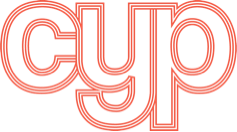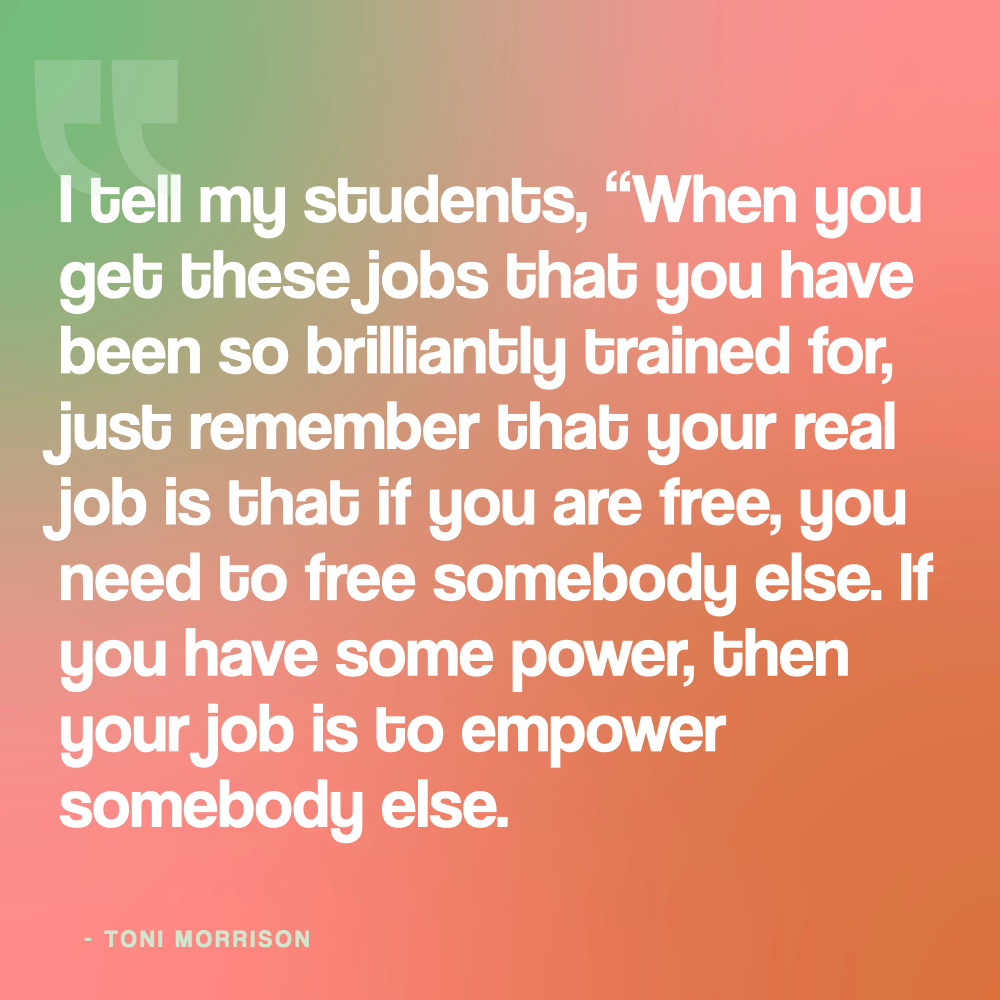Check your Pulse #56
Fairmint and the Democratization of Upside (A CYP x Not Boring Collab)
Hi, I’m Sari Azout and this is the the 56th edition of Check your Pulse, a tech and startups newsletter designed to make you feel human. I try to make this one of the best emails you get every two weeks(ish).
Happy Thursday, friends!
In 2018 I put out a request for startups, one of which was: Carta for Cooperative Mechanics. I wrote:
What if issuing equity were as easy as paying a salary? We know that ownership and passive income are the only sure routes to financial freedom, so how can we democratize ownership and reduce income inequality?
I’ve been on the lookout for something like this for years, which is why I was so excited when I came across Fairmint.
Today’s post is a collaboration with Packy McCormick, the brains behind one of my favorite newsletters: Not Boring (go subscribe and come back).
A condensed version of the post is below but if you want to read the full thing head over to Not Boring 👇🏽
The history of financial innovation is the history of democratizing access to upside. There would be no Silicon Valley, for example, without employee stock options.
When a group of engineers left Shockley Semiconductor Laboratory to start Fairchild Semiconductor in 1957, investors rewarded them with a new type of compensation: stock options.
Options seemed radical then; they’re commonplace now.
When startups made things like microchips and database software, it made sense for employees to share in that upside. But what happens when the boundaries between employment and work begin to blur? The Dashers who deliver your food, the drivers behind the wheel of your Uber, the influencers who create content on Instagram, and the Hosts who let you into their home — they don’t participate in that upside.
The digital economy has radically changed the nature of the relationship between customers and corporations. Individuals have switched from being passive consumers to being an essential force in creating value, either through their actual work (Airbnb hosts, Uber drivers, Sofar artists) or their data (Facebook, Google). Today, the user is not only the consumer. The user does the work.
We spent the last fifteen years working for gig money, likes, retweets, and follows. The platforms gave us reputation or cash, but no ownership, upside, or voice in its evolution.
But the balance of power is shifting, and companies are recognizing the need to better align with their participants.
The Internet is a new way to interact, so it’s only natural that 40 years after its invention, we will come up with digitally native ways to distribute and exchange value, unconstrained by legacy financial infrastructure. 👇🏽
The time is right.
Cultural tailwinds support inclusive economic models as opposed to the extractive models that defined the first decade of the gig economy.
Software is eating the markets, giving more people knowledge of, comfort with, and access to, new investment opportunities.
Crypto is making it possible to financialize everything.
“Crypto” comes with a lot of baggage, so it might help to boil it down to the three main use-cases in the context of the Ownership Economy:
Financial
Raise funding while aligning your upside with early fans, workers, and other participants.Social
Create a community around you in which your fans and users engage and become your distribution. There’s also an element of social signaling that you were the first involved, and tiered access to exclusive rewards.Governance
Give stakeholders a voice in the decisions about your business, platform, or community.
There is a vibrant ecosystem of crypto projects that are powering the infrastructure for social tokens, including Props Project, Foundation, Zora, and Roll.
Social tokens allow creators to own, control, and coordinate the value that they create across platforms. But just as the internet in the late ‘90s was engineering-heavy and design-light, crypto thus far has focused too much on what is technically possible and not enough on how it can improve people’s lives.
Richard Kim’s Random Number Generator is a Discord server for founders and investors in the gaming community in which status is determined by the amount of $RNG tokens users hold. Members use the $RNG they earn for both exclusive access and for financial gain, as Kim plans to create liquidity.
In an excellent post, Kim reflects on the challenges of token-based communities:
Whether they acknowledge it or not, tokenized communities are so focused on token price that they lose sight of why they were created to begin with--the shared values and interests, the intrinsic motivators, the glue that is left when all other bindings are stripped away.
As much as crypto fans want to believe they’ve created something startling and revolutionary, in reality, the experience feels: unfamiliar (payments happen off-platform), overwhelming (you end up in a confusing maze of wallets), and pyramid scheme-y.
Social tokens represent one step in a progression — from traditional cap tables and employee stock option plans towards more programmable equity that fits into the flow of a well thought out user experience.
Like social tokens, Fairmint is built on DeFi rails, but unlike them, you wouldn’t know that from looking at their site.
Fairmint is like Kickstarter on steroids, mixed with Carta, embedded right in the products we use and love. They’re building the picks and shovels for founders to turn their equity into the most powerful tool to align with their contributors.
Equity powers the entire stack of entrepreneurship. But until now, the absence of a single, global, open, and interoperable system of record for equity has hampered the democratization of equity ownership.
Luckily, global, open, and interoperable systems of record are what crypto does best, and Fairmint is using it to build the Continuous Agreement for Future Equity (CAFE), an updated version of Y Combinator’s SAFE, which lets a company’s stakeholders buy or earn equity in the company, at any time, directly from their website.
Users and investors don’t need to know or care that they’re dealing with a DeFi product. They only need to think about how the product benefits them:
Founders benefit because fundraising is no longer a full-time job. On Fairmint, founders raise funds on a rolling basis in a “set it and forget it” fashion. They can set up automated incentive plans and align stakeholders with their success. And it gives them flexibility – if they don’t want to sell, and if an IPO is not in the cards, their investors can still get liquidity.
Investors benefit because they get a clearer path to liquidity and can invest in the companies they love and trust at stages usually reserved for insiders and VCs.
Users benefit because they can participate in the financial upside, either by purchasing shares or earning shares for supporting the company.
Our heads are swimming with possibilities:
What if Wikipedia was owned by the editors?
Could Reddit reward its moderators with ownership?
Shouldn’t Uber’s drivers own a piece of the business if they maintain a high enough rating over enough rides?
Would writers be less likely to leave Substack if they owned a piece of the company?
What if early users of SaaS products could invest in the company itself? Packy’s mom has been singing Zoom’s praises since 2014. She’d be retired if they worked with Fairmint.
What if Taylor Swift’s fans could replace Scooter Braun?
Idealism aside, Fairmint will face a few key challenges in making that future a reality.
Ownership Distribution
Nailing an effective ownership distribution that incentivizes the right behaviors is VERY hard. Fairmint will need to give companies templates and best practices to help them get started. There will inevitably be a period of trial and error here.Product Marketing
Explaining what Fairmint does is a challenge. They’re currently explaining it simply as “the ESOP for customers,” and it seems to be working.Double-Edged Switching Costs
There’s no such thing as a “free trial” with Fairmint. Once you decide to use Fairmint and sell shares via a CAFE, switching to another model is a huge pain. That creates high switching costs, but also barriers to adoption.
Fairmint has its work cut out for it, but we’re rooting for it to succeed.
There’s this recurring theme on the internet: when something is easy, people will do more of it.
In the same way the internet made it easy for everyone in the world to create and share content, the next step is to give everyone the ability to create and share value.
Driven by network effects, technology has radically changed the pace of wealth accumulation. It took Hyatt 63 years to be worth $7 billion. It only took Airbnb 12 years to be worth $18 billion.
Crypto’s true promise is the ability to usher in a new economic operating system where distributing that value is as easy as paying payroll. One that can close the wealth gap by pulling wage earners out of the debt stack and into the equity stack. One that allows people to share in the upside and ultimately shift the paradigm of ownership to the individuals and communities responsible for creating value. Viewed through that lens, Fairmint is more than a product; it’s a movement.
🙏🏽
Sari (and Packy)
Jerry Seinfeld on Making Something Great. If you’re efficient, you’re doing it the wrong way. The right way is the hard way. The show was successful because I micromanaged it—every word, every line, every take, every edit, every casting. That’s my way of life. 💯
A public singalong with Choir! Choir! Choir! is the feel-good, communal vibes we all need post lockdown. Can someone make this happen in Miami? 🎶
When the weather is bad outside, parents react negatively and tell their kids to stay inside This is the first time children begin to outsource their agency to external forces. Josh Waitzkin does the opposite. 🌧️
Flow: the intersection of discipline and surrender. Love this! 👇🏽












